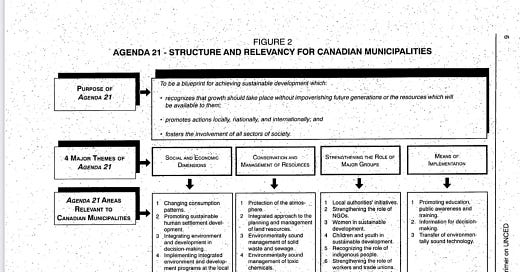Origins of International Sustainable Development Policies: Habitat I to the PCP
Origins and Impacts Series (Part 1)
Origins of International Sustainable Development Policies
The foundation of sustainable development policies can be traced to major United Nations initiatives, which introduced centralized approaches …
Keep reading with a 7-day free trial
Subscribe to KICLEI to keep reading this post and get 7 days of free access to the full post archives.




